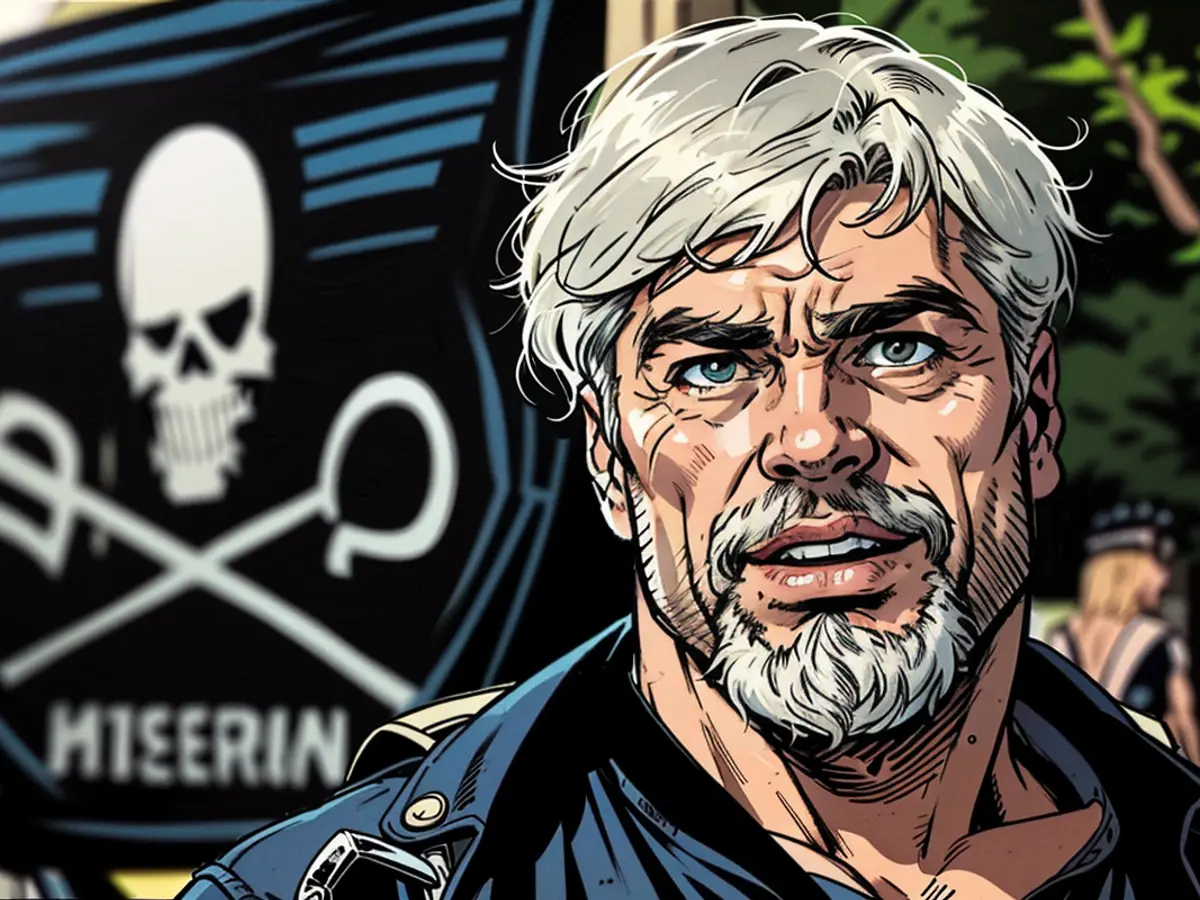World
Canadian Anti-Whaling Activist Paul Watson Arrested in Greenland

In a significant turn of events, renowned Canadian and American anti-whaling activist Paul Watson has been apprehended in Nuuk, Greenland, based on an international arrest warrant issued by Japan. The arrest occurred on Sunday, as Watson was docked in the capital city with his vessel, reportedly preparing to refuel along the way to the North Pacific.
At 73 years old, Watson is a prominent figure in maritime environmental activism, previously serving as the head of the Sea Shepherd Conservation Society. His tactics, which often involve direct action and high-seas confrontations with whaling ships, have earned him both accolades and controversies within the environmental community. His efforts have even garnered the support of several A-list celebrities and have been chronicled in the reality television series, Whale Wars.
Upon his arrest, the Captain Paul Watson Foundation announced that he would be detained in Greenland until at least August 15. This time frame allows the Danish justice ministry, under which Greenland operates as an autonomous territory, to further investigate the case and consider potential extradition to Japan. According to the foundation, Watson could face up to 15 years in prison if he is extradited and subsequently convicted in Japan.
Following the arrest, the foundation expressed concerns over Watson’s treatment and legal situation. They revealed that more than a dozen police officers had boarded Watson’s vessel, taking him into custody in handcuffs. The ship, accompanied by 25 volunteer crew members, was on a mission to confront a new Japanese factory whaling ship that Watson has labeled as a “murderous enemy devoid of compassion.”
The foundation speculates that the arrest relates to an earlier Red Notice issued for Watson, which was tied to his anti-whaling interventions in the Antarctic region. However, the Japan Coast Guard and the foreign ministry did not confirm any negotiations for Watson’s extradition. Nonetheless, officials from the coast guard remain on standby should a handover occur.
Notably, Japan lacks an extradition treaty with Denmark, which casts uncertainty on whether or when Watson could be transferred to Japanese authorities. The Captain Paul Watson Foundation has since appealed to the Danish government, urging them to release Watson and dismiss what they deem a politically motivated request from Japan.
This incident is not the first time Watson has found himself at odds with law enforcement due to his anti-whaling activities. He was previously detained in Germany in 2012 following a Costa Rican extradition warrant, but he evaded legal consequences after learning that Japan was also seeking his extradition for allegedly endangering the lives of whalers during his operations in Antarctica.
Following his departure from Sea Shepherd in 2022, Watson has launched his own organization to continue his environmental work. His history with activism dates back even further, having been a prominent member of Greenpeace before leaving the organization in 1977 over disagreements regarding the effectiveness and moral stance of aggressive tactics.
As this situation continues to evolve, Watson’s supporters and fellow activists remain watchful of his fate, urging for his release and highlighting the implications of this arrest on environmental activism and international relations regarding whaling practices.
The issue of whaling remains contentious, with countries like Japan maintaining their practices under the guise of scientific research, while activists like Watson fight tirelessly against it. The spotlight on Watson’s case could reignite discussions on the ethics of whaling and the lengths to which activists will go to oppose it.
In an era where environmental concerns are increasingly at the forefront of global discussions, Watson’s arrest serves as a reminder of the risks involved for those who challenge longstanding traditions in the name of conservation. His next legal steps, as well as the Danish government’s response, will be closely monitored by both his supporters and international observers alike.












